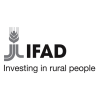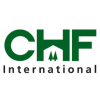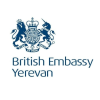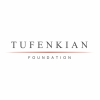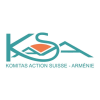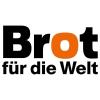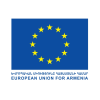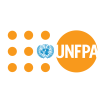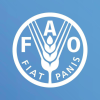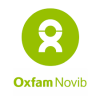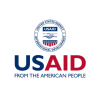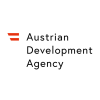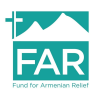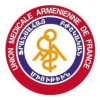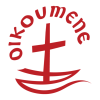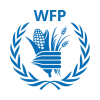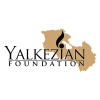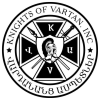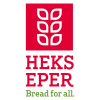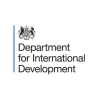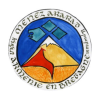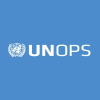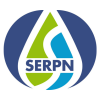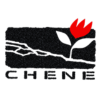Agricultural cooperatives
At the beginning of the 90ies of the XX century, Armenia was the first country among the former Soviet republics that implemented mass privatization of agricultural assets, including land, livestock, poultry, and machinery. As a result, more than 340,000 private small-size farms (1.5 ha per farm) with over 1.3 million land parcels were created. However, small and fragmented farms, as well as the application of mostly outdated and resource-extensive farming techniques and technologies, were hindering the efficient organisation of agricultural production. Old and dilapidated infrastructure, difficulties in marketing agricultural produce, lack of access to financial services, inadequate opportunities for skills enhancement and vocational training, and poor professional extension services significantly deepened rural poverty that, in 2020, comprised 27% of the whole Armenian population.
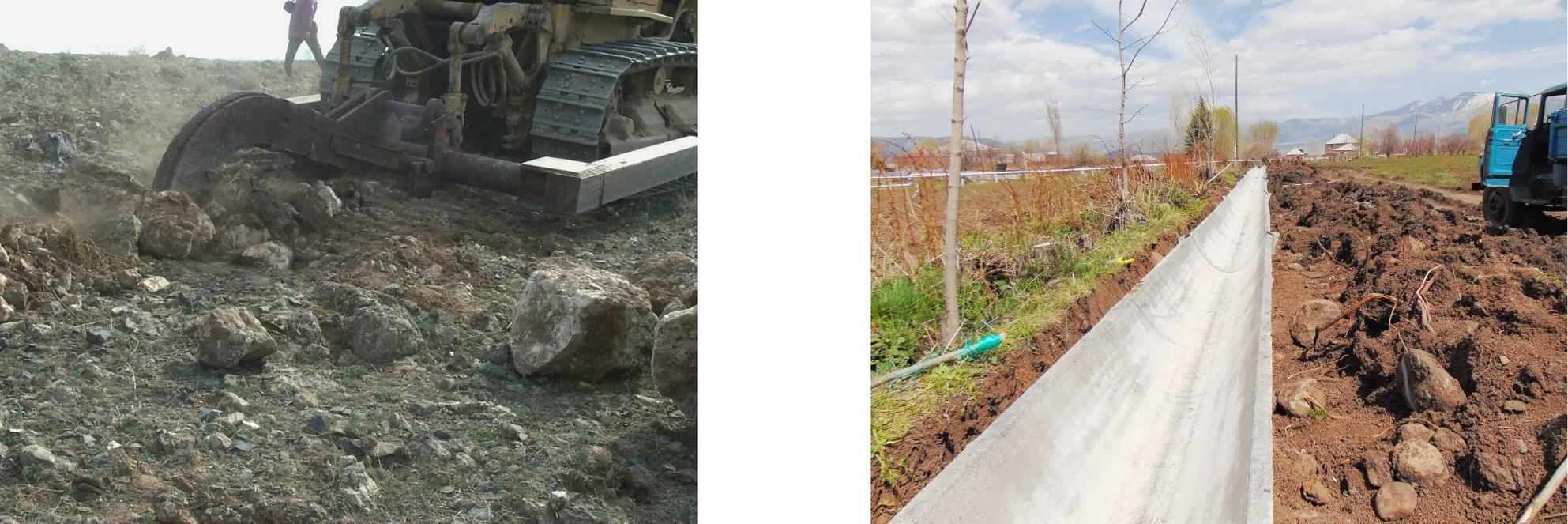
Since 1999, the plantation of community orchards on abandoned reserve lands has been an essential part of our activities. After analyzing the achieved outcomes, we decided to review the strategy of establishing new fruit orchards. Particularly more favorable conditions were created for fostering rural entrepreneurship and supporting individual farmers. We engage farmers, who had determination but lack of the means to plant orchards on poor lands. After assessing the agricultural potential of the communities, we support farmers by ameliorating their barren and poor lands and rehabilitating irrigation systems. The beneficiaries have a direct and substantial financial and in-kind contribution to this process.
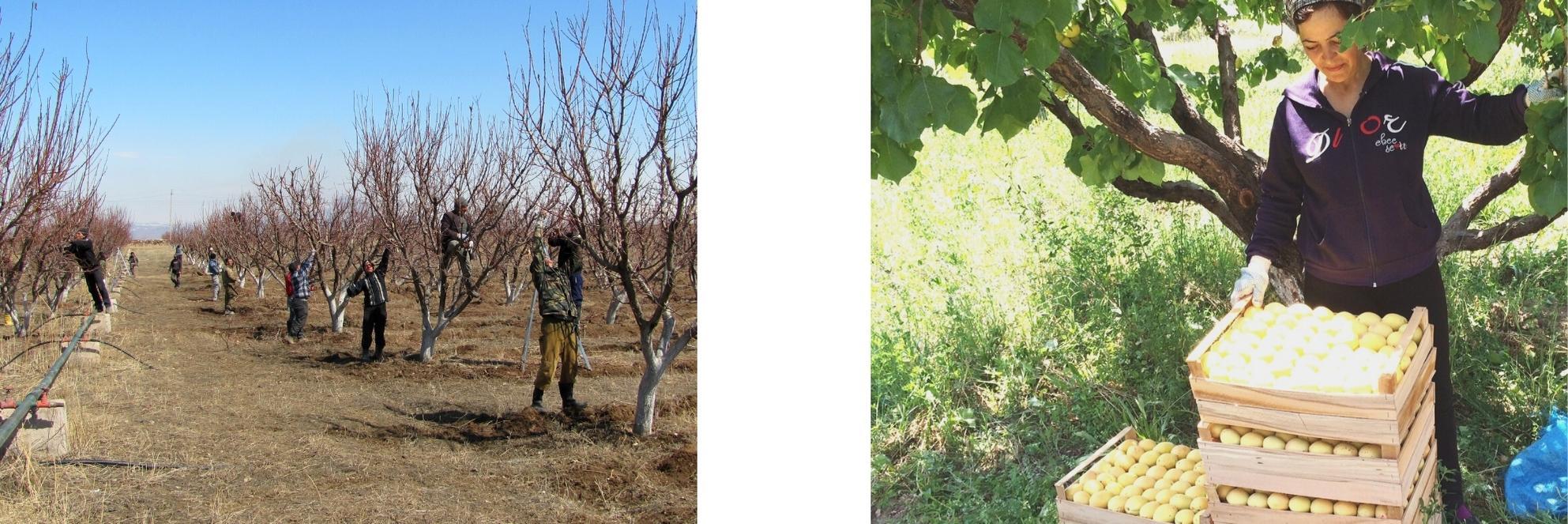
Today the rural poor rely on informal markets often monopolised and not intended to meet their basic needs. Given the mentioned factors, we came up with new ideas and approaches to assist smallholder farmers in switching from mainly subsistence agriculture to cash crop production. Since 2010 we have implemented the Making Markets Work for the Poor (M4P) innovative approach in our income generation projects. Essentially we facilitate smallholders to get better involved in the leading profitable value chains that ultimately convert into higher incomes for them.
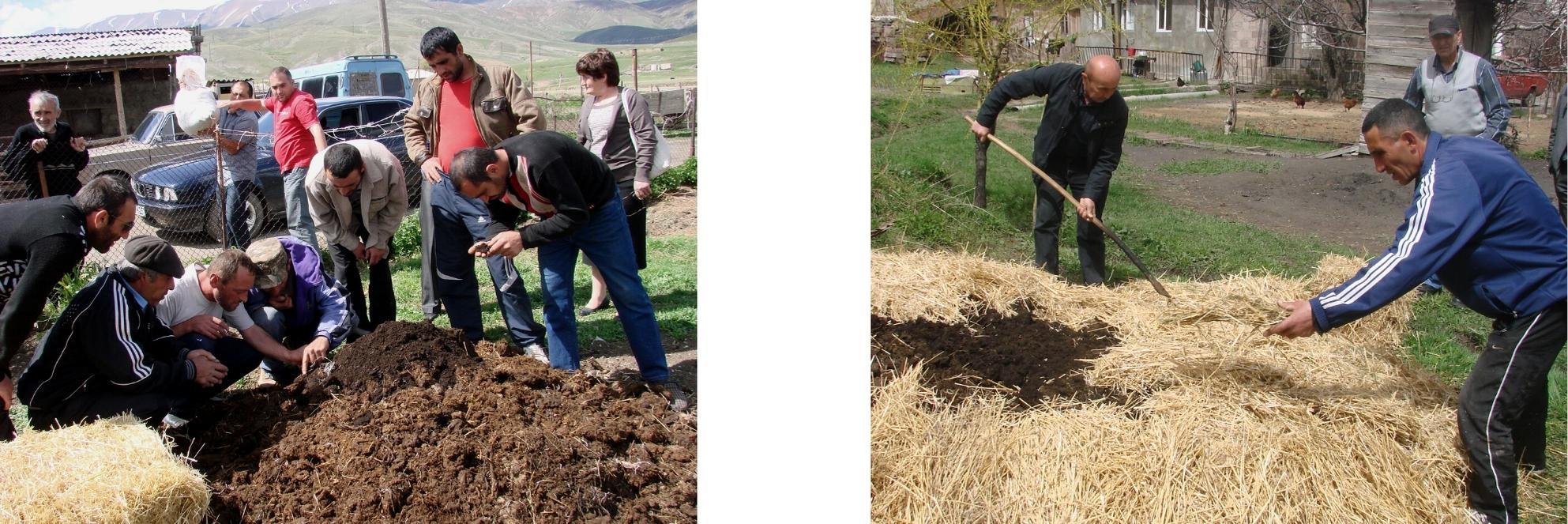
Furthermore, in 2013 we initiated new projects emphasizing the income generation of rural households through community mobilization, particularly the organisation and development of agricultural cooperatives. It aims to mobilize community members to identify common agriculture problems and find consolidated solutions. As a first step, we promote the creation of the simplest community-based entities – consumer or marketing (non for profit) cooperatives (Success Stories of Cooperatives (2019)).
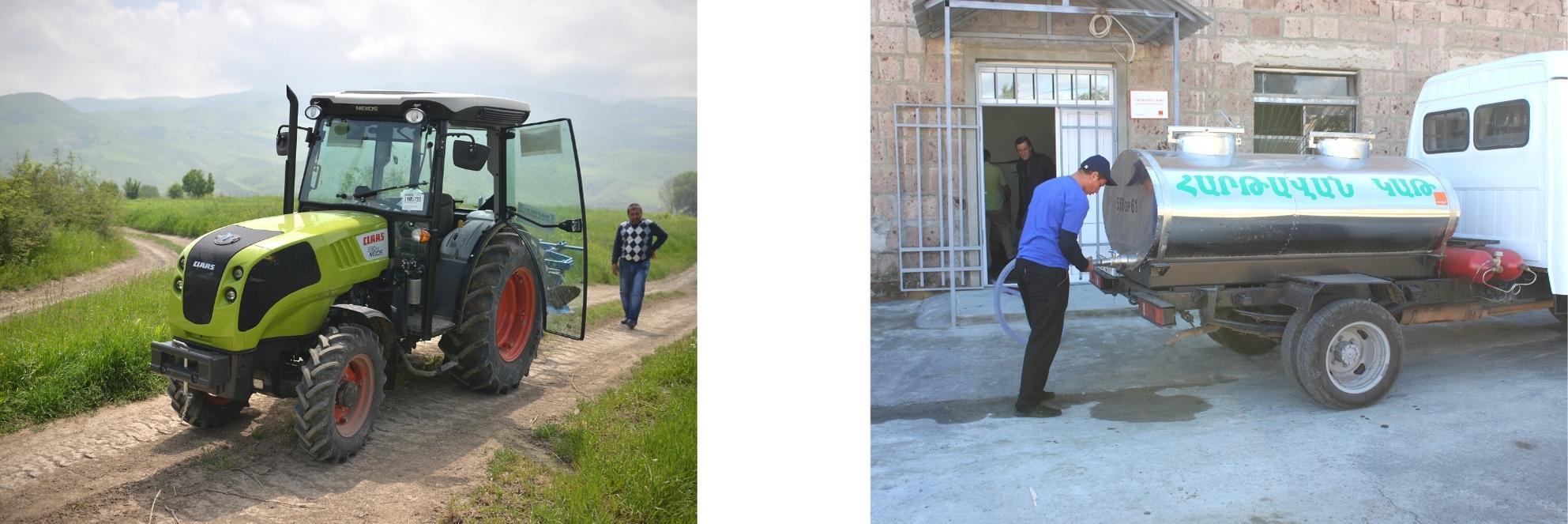
Farmers gradually realize the benefits of cooperation in all agricultural production and marketing stages. The increasing number of newly established consumer and agricultural cooperatives demonstrates the effectiveness of the adopted strategy.
Organic Agriculture
"Shen" NGO is a pioneer in introducing organic agriculture practices in Armenia, aiming to create a new sustainable and environmentally friendly income source for rural households. Starting from 2000 till 2012, with financial and thematic support of HEKS-EPER as the leading partner, we were promoting the development of organic agriculture by disseminating information on organic agriculture cultivation methods among farmer groups and individual farmers. This endeavour was a part of the HEKS-EPER regional programme in South Caucasus countries. It was done by developing free advisory services for farmers as well as raising awareness of organic fruits among local consumers. During these years, our other partners, Chene-France, Bread for the World, ICCO, UNDP GEF, and the Regional Council of Auvergne Rhône-Alpes, co-funded this project.
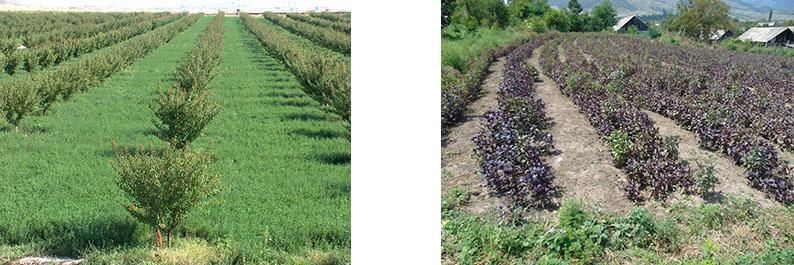
The main objectives of the project were:
- initiating organic extension group;
- establishing private local organic certification body;
- introducing the new organic agricultural inputs to the farmers,
- developing both export and local markets,
- lobbying and advocacy activities.
In the past 12 years, all mentioned objectives have been principally met, and the organic food sector is evolving in Armenia. Armenian businesses take over the further development of the sector. As a result of these efforts, today, many organic farms are established in Armenia.
In 2015 EU and Austrian Development Agency launched Organic Agriculture Support Initiative (OASI) in Armenia. This project covered a comprehensive range of areas starting from legislative amendments on organic agriculture, promoting organic extension services, developing curricula and a state-of-the-art textbook, and providing big and small grants for farmers seeking to start, diversify or expand organic production.
Demonstrative educational centre of organic agriculture
The project started with the funds from the Small Grants Program of the UN Global Environmental Fund, Bread for World, and Chene France in 2012. The Demonstrative Educational Center of Organic Agriculture (in Akunk community, Kotayk marz) introduced and tested organic and environmentally friendly cultivation methods and effective use of technologies and equipment. The fundamental principles of organic agriculture - biodiversity preservation, efficient usage of soil and water, and solar energy are put into practice at the Center. The purpose of establishing such an educational centre was to create an advisory hub equipped with new technologies for the farmers of Armenia, where seminars and hands-on training courses would be organised.
Given that the National Agrarian University of Armenia initiated a master's program in organic agriculture in 2019, the "Shen" NGO Board, with the approval of the UN Global Environmental Fund, donated the training center to ANAU on a condition to manage it as a certified organic demonstration-training center. Another condition is that we will continue providing free training and consulting for organic farmers.
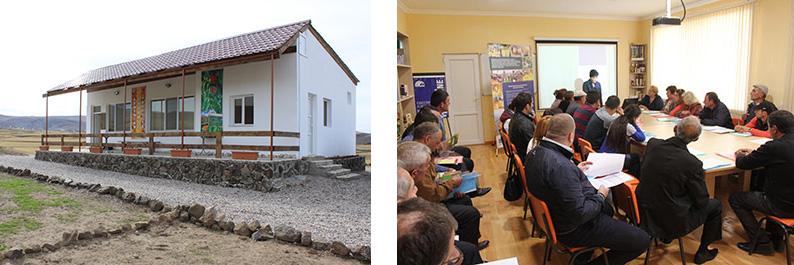
Use of bumblebees in organic orchards
In 2013 our Extension group decided to use bumblebees to increase the effectiveness of pollination in organic orchards. This method is a practice worldwide, but its use in Armenia is still limited. TRIPOL is an effective product ensuring excellent pollination of some fruit and vegetable crops indoors and outdoors. The benefits of Innovative natural pollination for the user are as follows:
- saving labour costs, improvement of crop quality,
- increase in productivity,
- pollination less dependent on weather conditions and native pollinators,
- reduction of pollen quantity in glasshouse improves the working environment,
- bumblebees are compatible with honeybees.
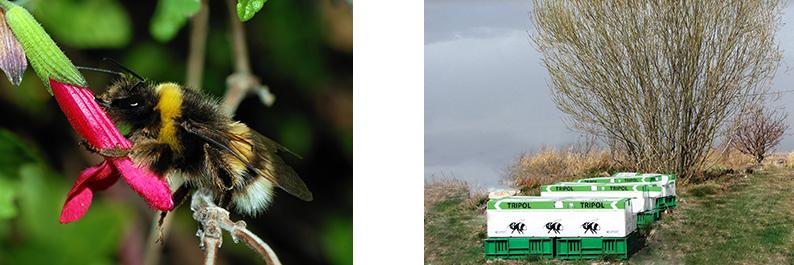
We also promote the development of conventional agriculture in those regions of Armenia where organic agriculture is not feasible yet, emphasising the cultivation of high-value crops – fruits, vegetables, and high-value cereals. In this regard, we conducted several studies on the most promising value chains in many regions of Armenia. The production of high-value agriproducts complements traditional low-value crops produced in relatively big volumes in most of the country's mountainous areas, thus bringing additional income to those households.
Off-farm incomes
Although agriculture is the main economic activity with a significant share in the rural households' incomes, other sectors beyond agriculture may also supplement the family budgets. We assist those communities and separate households with the potential and intention to participate in non-farming activities.
Processing of agricultural products
"Shen" NGO promotes processing locally produced agricultural products to create added value and access new markets in Armenia and abroad. The beneficiaries of this component are local agribusinesses, individual farmers, and agricultural cooperatives. Mainly, we support agribusiness in the processing of fruits and vegetables (production of dried, canned fruits, berries, and vegetables), processing of cereals (grain refining, winnowing), production of crushed spelled, production of oils (flaxseeds, pumpkin seeds, grape seeds, apricot stones), milk collection and processing. Within this component, the beneficiaries receive support in the form of extensive training, technical assistance, exchange visits, and participation in local and international trade fairs. The financial support for establishing processing units is provided on a competitive basis with the condition that the beneficiary business should do at least 50% of the investment.

Local tourism
We implemented several projects on the development of local tourism. Particularly, in 2008 Bed & Breakfast inns were established in Tsapatagh, Shorzha, and Pambak villages (at the shore of Lake Sevan) by local young entrepreneurs who completed our training and now successfully operate B&Bs during the summer months. In 2012 based on AUA research on B&B operations, we published a manual on Inn Management. The number of B&Bs in different regions of Armenia increases yearly, accommodating a higher number of visitors.
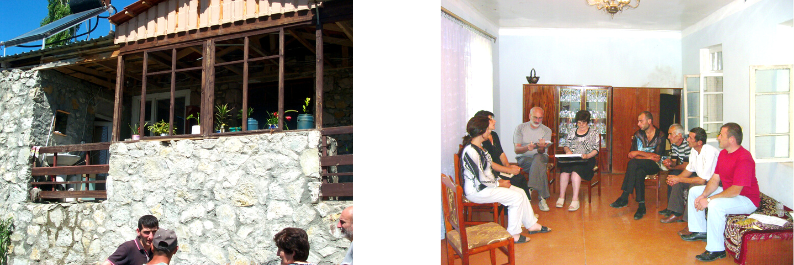
Hiking trails
Stressing the willingness of foreign and local tourists to visit a large number of historical monuments in Armenia, "Shen" NGO, with the financial and methodological support of the Yalkezian Foundation, implements a hiking trails improvement project. The project intends to improve the existing trails and construct new ones.
The first project implemented in 2017 was the construction of the Gosh-Khachardzan 12 km trail, supported by the Trans Caucasian Trails project. The constructed trail has been presented to the tourist agencies. Signboards were placed, and sanitary facilities were built within the framework of the project.

The most recent project was the “Argishti I” hiking trail stretching 11 km in the direction of Marmashen-Arap, passing through the medieval settlement of Tirashen and a ruined church, where there are numerous rock-cut khachkars. This trail is home to an 8th-century BC cuneiform inscription of the Urartian king Argishti I, which is of great historical value.

Handicraft
The project, designed for women from Chambarak and nearby villages, aiming at increasing income through embroidery training, was successfully completed. It started in 2005 and serves as an excellent example of project sustainability.

Encouraged by the project's success, we intend to implement similar projects in Tavush and Gegharkunik marzes.


